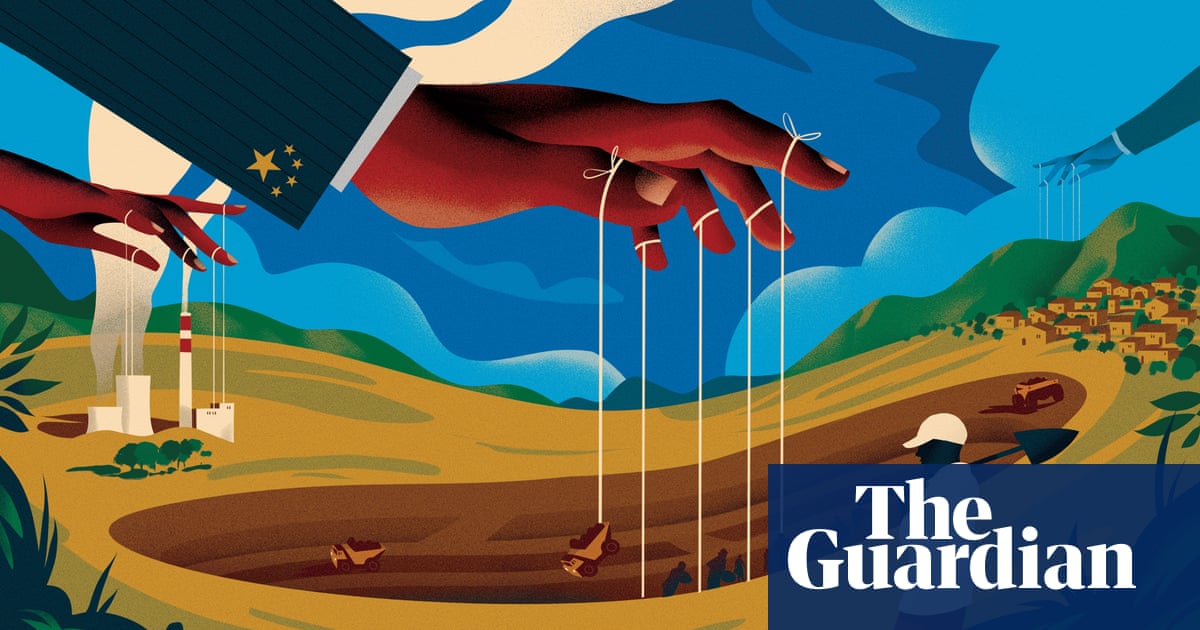Europe is ‘miles behind’ in race for raw materials used in electric car batteries

European carmakers have secured just 16% of the lithium, cobalt, and nickel needed to meet their electric vehicle (EV) battery targets by 2030, according to analysis by Transport & Environment. Tesla and China's BYD were found to be ahead of their European counterparts in securing access to key raw materials. The analysis also showed that carmakers' publicly disclosed contracts would only cover a small percentage of the required minerals. Demand for these materials is predicted to outstrip supply in the coming decade, potentially limiting the pace of the transition to EVs.
Source: Link
Frequently Asked Questions
About Europe's Raw Materials Race for Electric Car Batteries
Q: Has China monopolized the electric vehicle industry?
A: Yes, Chinese companies hold a significant domination in the mining, battery, and manufacturing sectors related to electric vehicles. This control poses challenges for Europe and the US to compete effectively. Source
Q: Is Europe investing in batteries for electric cars?
A: While Europe is investing in batteries and catching up with China in terms of investments, it is still behind in securing the supply of critical raw materials essential for electric car battery production. Source
Q: How is France's electric car battery production compared to the UK?
A: France has outpaced the UK in the race for electric car battery production, with significant investment in the sector leading to the establishment of a robust production capacity for electric cars, mostly by Renault. In contrast, the UK's projected electric car battery production lags behind other European countries. Source
Q: What are some factors affecting high battery raw material costs?
A: Factors driving high costs of raw materials for batteries include limited supply, geopolitical issues, and the surge in demand for electric vehicles. These factors play a role in the increased overall cost of electric vehicle production. Source
Q: Is the UK at risk due to a 'gigafactory gap'?
A: Yes, the UK faces a 'gigafactory gap' that could impede its EV industry because it significantly lacks the electric battery capacity needed by its domestic car industry, and it is lagging behind competitors in offering direct incentives or securing investments for gigafactories. Source
Q: What weaknesses does Europe face in the EV battery supply chain?
A: Europe is confronted with weaknesses in its EV battery supply, including the availability of raw materials and associated innovation. These weaknesses represent a significant threat to the development of electromobility in Europe. Source
Q: Are German automakers influenced by Chinese penetration into the European market?
A: The prominence of Chinese cars at a major auto show in Munich has highlighted the German car industry's exposure to competition from Chinese manufacturers, which also underscores the broader struggle over the supply of raw materials for electric vehicles in Europe. Source
Q: Is Europe dependent on third countries for resources for electric vehicle production?
A: Yes, Europe relies heavily on third countries for access to various resources and raw materials that are vital for the production of electric cars, which might be considered a vulnerability in achieving technological sovereignty. Source
Q: How important is lithium for Europe's automotive sector?
A: Lithium is critical for Europe's automotive sector, particularly as it transitions to electric vehicles. Gaps in the supply of lithium and local battery production could pose challenges for the sector. Source
Q: Is the Tesla EV battery supply derived from the US?
A: While Tesla and other manufacturers aim to increase the domestic supply chain components for batteries used in EVs, including raw materials, there's still a significant dependency on supplies outside of the United States, which raises concerns similar to those faced by Europe. Source

